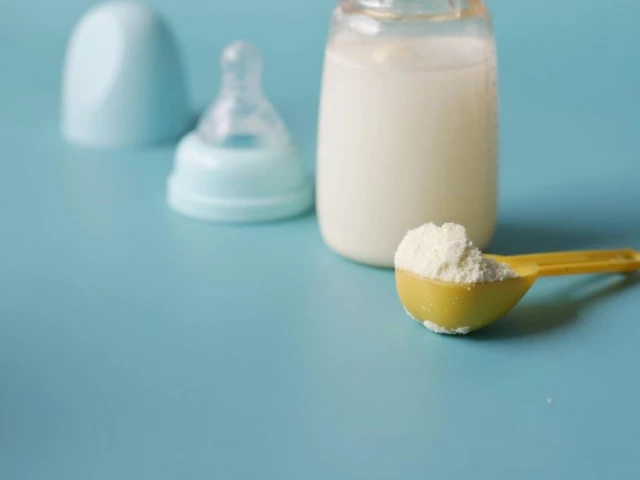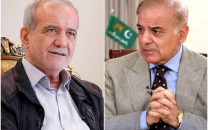Sindh govt regulates formula milk sale
Infant formula milk sale on prescription only, manufacturers required to label their products as 'artificial milk'

The Sindh Assembly has greenlit the Sindh Protection and Promotion of Breastfeeding and Child Nutrition Act, which aims to curb the sale of infant formula milk without a doctor's prescription. Moreover, manufacturers will now be required to label their products as "artificial milk."
Experts call this law a crucial step to promote breastfeeding and protect infant health in the province, including Karachi. According to the Pakistan Pediatric Association only 48% mothers in Pakistan breastfeed their children, leaving 52% dependent on formula milk. This dependency has been linked to rising cases of infant diseases, including measles, diarrhea, pneumonia, and typhoid.
Medical experts, including Pakistan Pediatric Association (PPA) President Prof Masood Sadiq and PPA Sindh chapter President Prof Waseem Jamalvi, and PPA General Secretary Dr Khalid Shafi, stressed the importance of breastfeeding for infants' health and development.
Breastfeeding for up to two years not only strengthens a child's immunity but also enhances cognitive abilities and emotional confidence. Unlike formula milk, breast milk is naturally sterile and provides protection against several diseases.
Prof Jamalvi and Dr Shafi referred to the alarming rise in the use of artificial milk, which is currently sold by 20 companies in Pakistan. Imported formula milk costs families between Rs25,000 to Rs30,000 per month, amounting to an annual expense of Rs360,000. This practice not only strains household budgets but also depletes Pakistan's foreign exchange reserves, with billions spent on formula imports.
Beyond economic concerns, the experts warn that formula milk lacks the immunity-boosting properties of breast milk, leaving infants susceptible to illnesses. Many children experience severe digestive issues, such as diarrhea, due to formula consumption, underscoring the need to promote breastfeeding.
The Sindh government has taken concrete steps to ensure the law's enforcement. A special board, including representatives from the Sindh Healthcare Commission and the Pakistan Pediatric Association, has been established to monitor compliance. The law imposes strict penalties for violations: 1) Doctors promoting artificial milk face fines up to Rs500,000 and six months of imprisonment. 2) Hospitals are prohibited from displaying advertisements for formula milk; 3)
Medical stores cannot sell formula without a doctor's prescription. In emergencies, formula milk can only be administered under a doctor's supervision and for a limited period.
The medical experts have stressed the need for public awareness about the law and the dangers of formula milk. They reiterated that artificial milk should never be considered a substitute for breastfeeding, except in rare medical cases.



















COMMENTS
Comments are moderated and generally will be posted if they are on-topic and not abusive.
For more information, please see our Comments FAQ